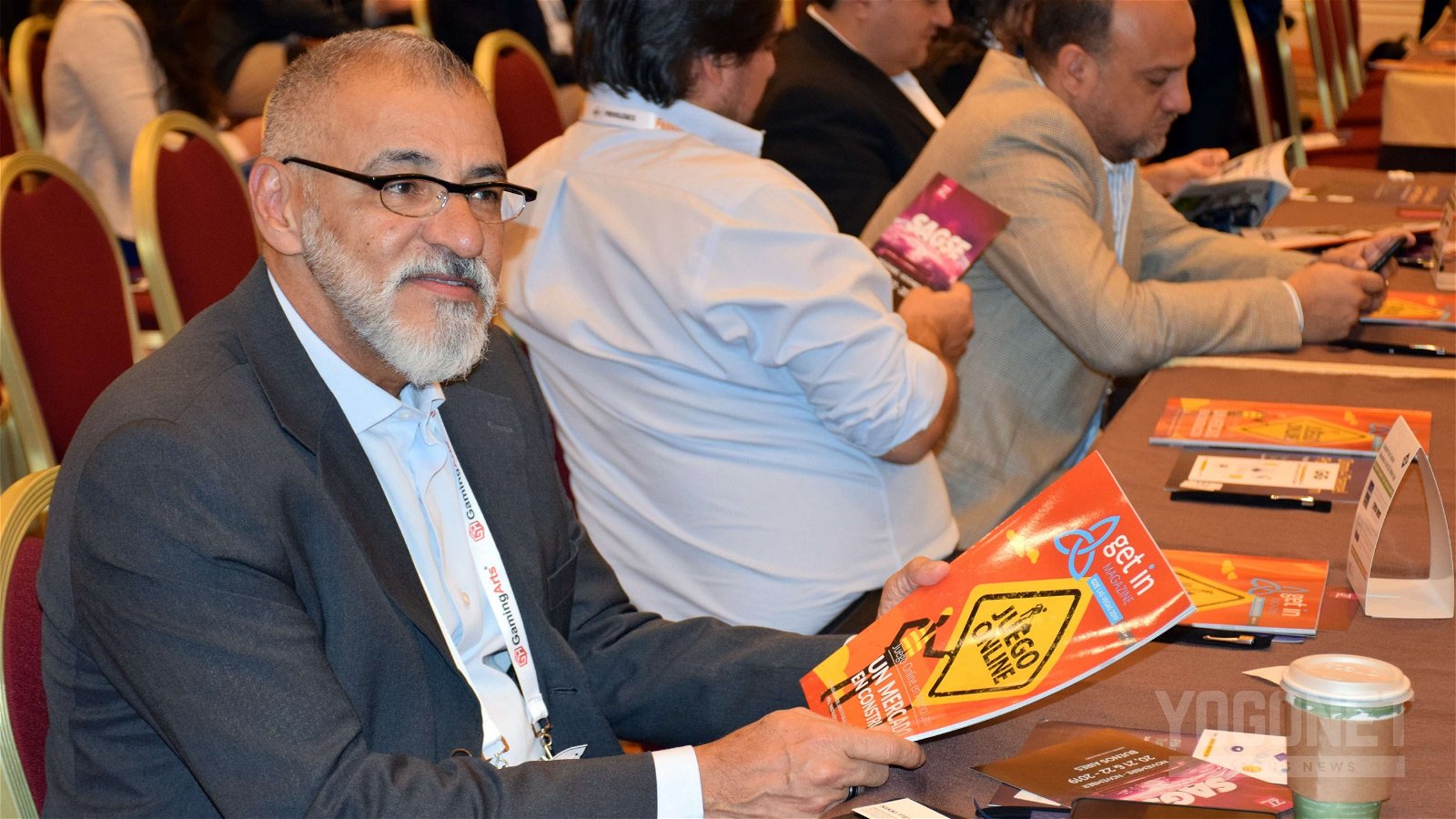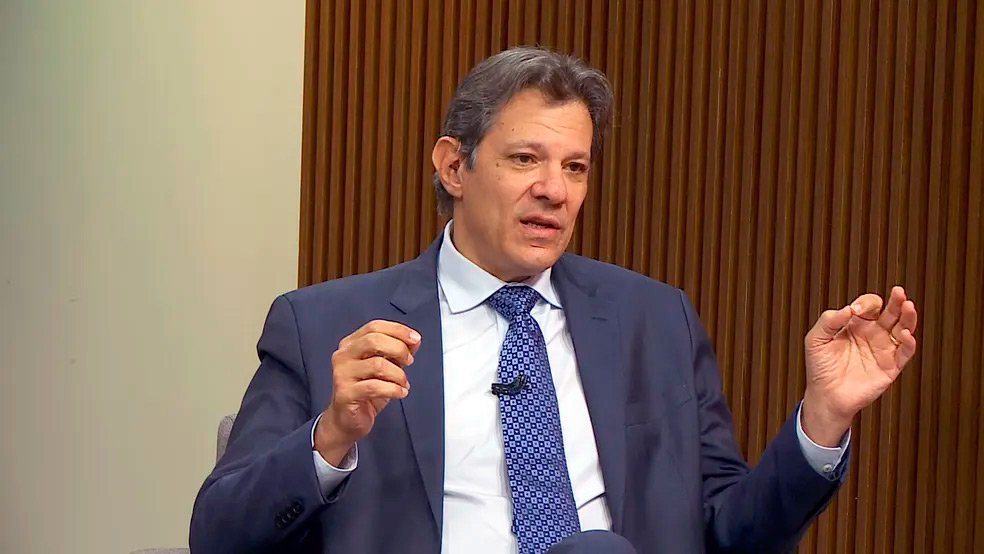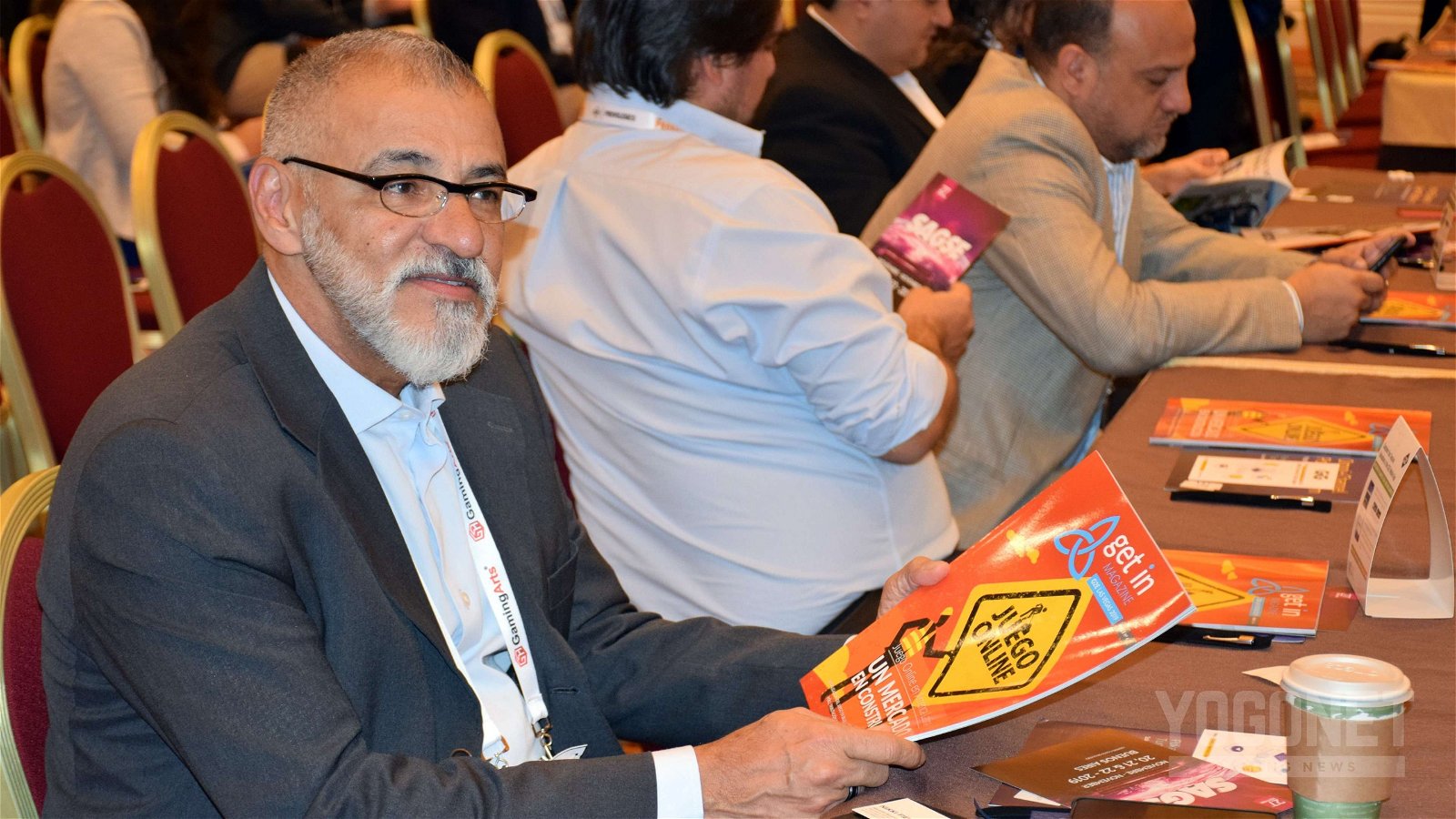Online sports betting companies have multiplied in Brazil: they are increasingly popular, and only one soccer team (the most popular sport in the country) does not have a sponsorship from this segment.
Estimates presented by O Globo assure that this sector moves up to 150 billion reais a year in the country ($29,751.65 million) but operates almost 100% in an unregulated manner and without paying taxes. And this market is the objective of Luiz Inácio Lula da Silva’s government, which aims to increase revenue and reach the goal of zero deficit next year, as foreseen in the new fiscal framework.
Following the announcement that the government will tax the sector, according to O Globo, the main market players evaluated the proposed federal regulation as positive. Regarding the tax rate, however, the companies demand that it be equivalent to those seen in other countries.
The companies consider that a high percentage may limit legal activity and encourage clandestinity. With high taxes, the same legal operation may become unviable in many cases, and the estimated revenues would not materialize.
“Regulation of the activity is welcome. But what should be evaluated is the Government’s revenue expectation: the numbers disclosed as potential are not realistic and are based on data with little basis,” said Darwin Filho, CEO of Lucky Sports.

Government estimates
Last week, the Minister of Finance, Fernando Haddad, said that the collection estimates with the new tax were revised and increased from BRL6 billion to between BRL12 billion and BRL$15 billion.
The industry’s suggestion is to adopt already established tax models, such as that of England, where the gambler’s winnings are not taxed with income tax, and there is only a 15% tax on the GGR (the difference between total bets and prizes paid).
In addition to taxing online gambling, the government will announce measures that could generate an annual increase of more than BRL100 billion for the federal coffers, reducing the deficit of BRL231 billion expected for this year, Haddad said. Thus, sales made through e-commerce will also have to pay taxes.
The minister also held meetings with digital gambling companies, which were in favor of regulation to tackle illegality.
Haddad said that the new rules will come through a provisional measure, which is being finalized and should be published soon.
Fernando Haddad, the Minister of Finance
O Globo assures that the tax rate on gross income, which should be 15% according to international standards, is being analyzed today. It should be recalled that the government will charge gambling sites a tax of BRL30 million to operate for a period of five years so that the companies establish themselves in the country and leave their headquarters abroad. The collection of income tax on gamblers’ profits, and its percentage, is also under discussion.
Given that sports betting in Brazil was legalized as a “lottery modality called fixed odds betting,” the taxation could be similar to what is already done with lotteries: 30% income tax on the amount won on bets over BRL 2,640. Below this amount, the player would be exempt.
According to experts, about 90% of Brazilian gamblers play recreationally and would not pay income tax because their winnings are less than this amount.
“The issue is that there is the possibility of reducing this 30% tax rate but extending it to all gamblers. This is considered a risk for the future of the operation since the best practices worldwide operate with a range of exemptions to prevent bettors from migrating to the informal market,” stated Magnho José from BNLData.
The data for the sector is imprecise because it is a practically unregulated market. The estimate is that it has grown a lot since 2018, when it was legalized through a decree signed by then President Michel Temer, although five years later, the activities have not yet been regularized.
Magnho José, Founder of BNLData
Additional data
Digital gambling generates between BRL120 billion and BRL150 billion annually, according to BNL Data. Given this, the so-called Gross Gaming Revenues would be between BRL10 billion and BRL12 billion, according to Magnho José, journalist, editor, and founder of BNL.
About a thousand online platforms operate in this segment, all based abroad: “Today, Brazilians, in addition to cheering for their teams, bet. This behavior has been consolidated as cultural, and the growth in numbers has been remarkable”, the editor explained.
Currently, 39 of the 40 clubs in the A and B series are sponsored by sportsbooks. And these clubs released a letter last week requesting they be involved in the discussions about the new rules for the sector since there is a possibility that corporate sponsorship will be limited or vetoed.


